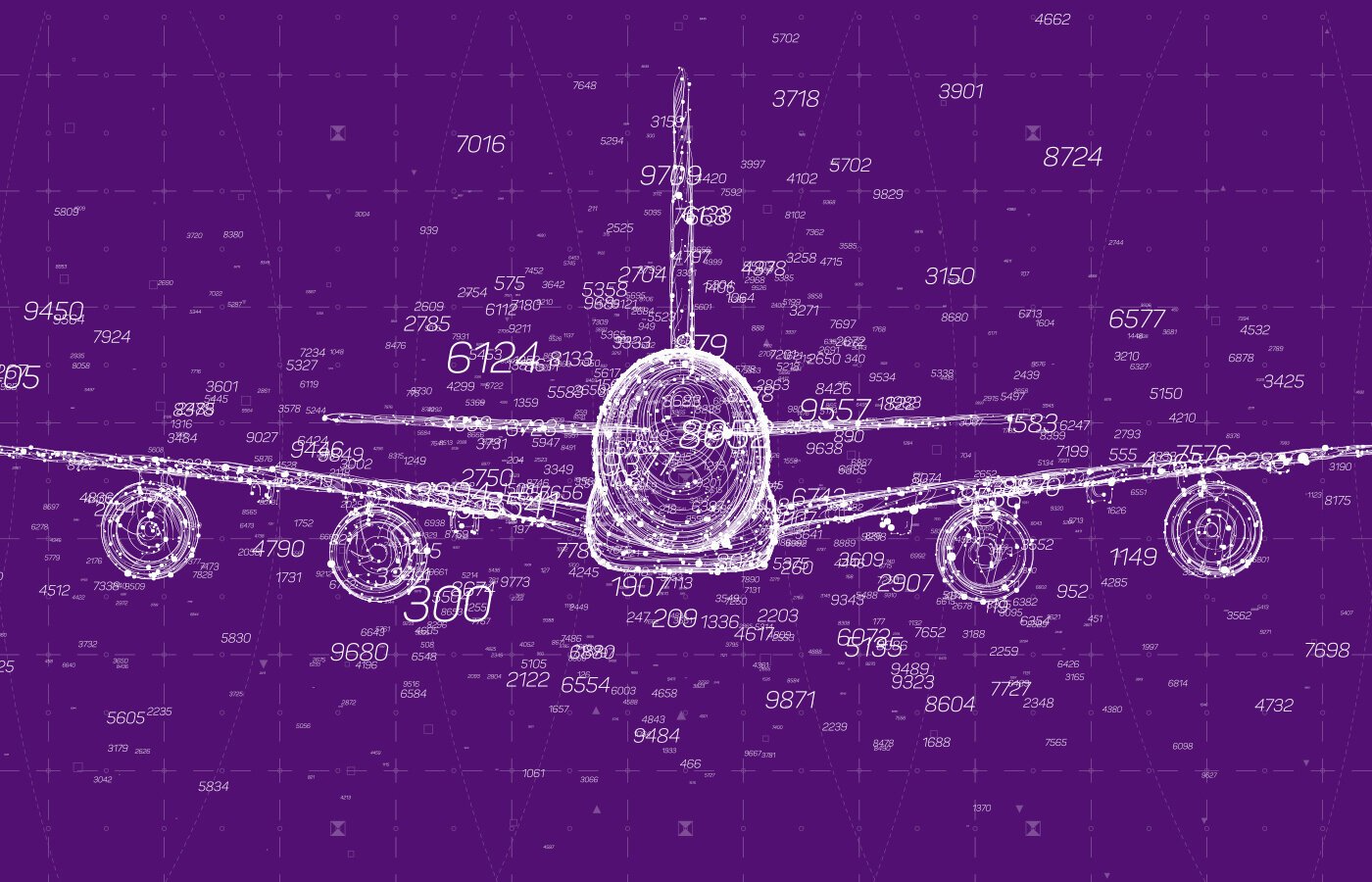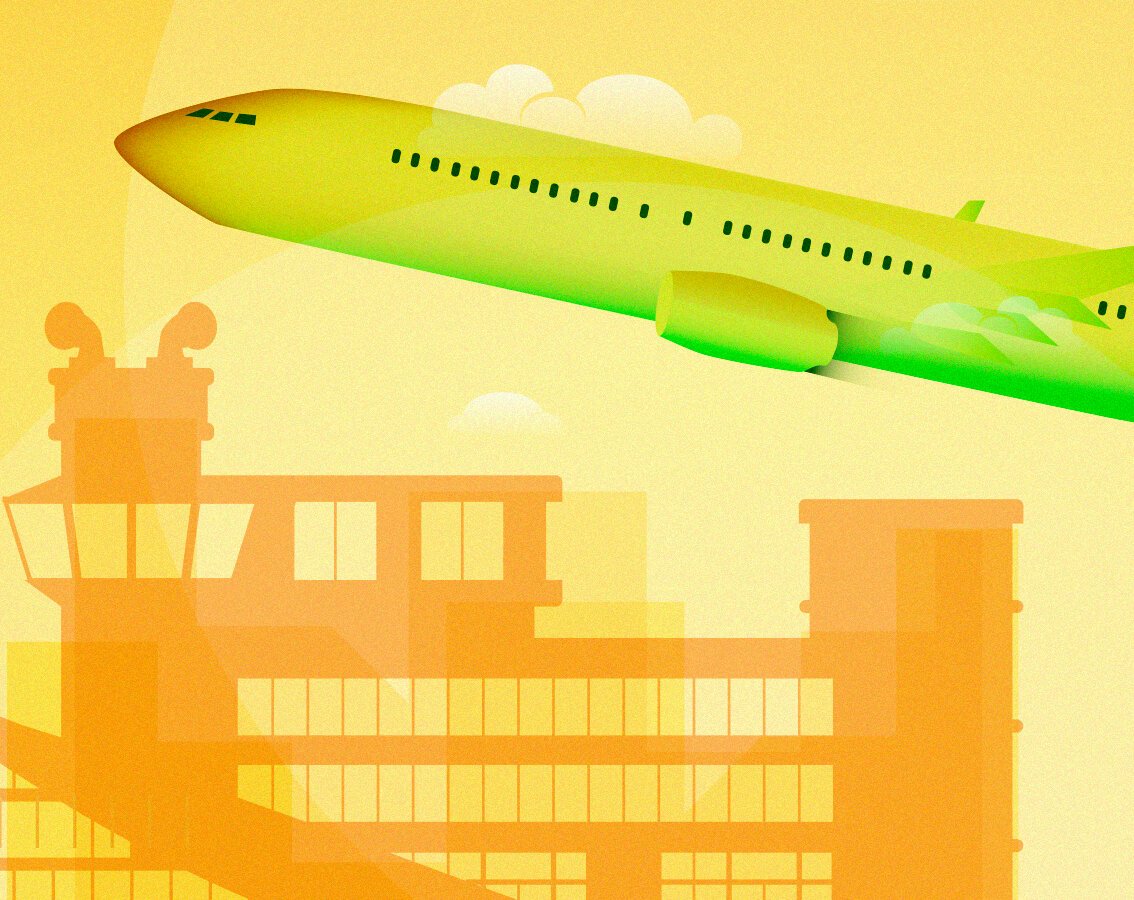blog
How Airlines Can Become More Efficient with Big Data and Analytics
By Mohan S Aviation Airport December 2, 2022

Aviation industry is sitting on a mine of insightful data. The airlines can use this data to change the course of its operations and become much more efficient. Countless passengers traveling, sharing their preferences to make the bookings, sharing their food choices, travel and stay preferences. If airlines have the tools to drive insights from this information, they can transform the experience of the customers traveling with them.
The airline industry is still far from making good use of this data. If integrated into airlines digital transformation strategy, Big data and Analytics in airlines can revolutionize air travel for passengers worldwide.
Improving operations & passenger experience
One of the opportunities that big data presents is improving the passenger experience altogether. Imagine having the information that a passenger is being connected to your flight after a long journey.
The in-flight crew can manage their needs and services without the passenger having to communicate their discomfort, making the whole process much more personalized. Understanding and deriving useful insights from this kind of information is only possible through big data.
In flight entertainment - IFE, can also change the way a passenger experiences their journey on an airline. For example, for flights longer than two hours entertainment is not only needed but extremely necessary, especially for passengers with children. Using Big Data to enhance the system of IFE, improving the entertainment suggestions, providing live streams of entertainment based on user history - all of this can emerge as a sure way to keep the passenger more glued and entertained throughout the flight. Which eventually means higher customer satisfaction.
Previously tablets were loaded with content on ground and given to customers to the passengers in the air. However, big data can change this process and personalized hardware can be customized through the information presented. The tablet can also enable customers to shop in air and make transactions. This means more retail for airline services and an overall good experience for the customer.
Minimizing fuel costs
If you are a frequent flier you would be aware how fuel prices are directly affecting your travel cost all the time. Airlines spend the most on fuel prices after the labor cost. The fuel prices directly contribute to the revenue airlines make. Naturally the airlines feel the importance of reducing oil costs. The industry is defined by oil as much as the data that it holds. How can one help the other? Big data and analytics can help airlines cut the fuel costs.
Finding the most efficient routes to fly and saving time and distance along with fuel can save big money for airlines. Big data analytics can help determine the most efficient routes for each flight in real time. By not using the one size fits all approach, big data is the key to reducing fuel costs for airlines.
Big data can also predict to pilots which airports are the nearest and safest to land, How much fuel is actually required in the said flight so the cost can be optimized and no fuel is wasted while filling the aircraft.
Big data analytics can help pilots learn to use flight fuel efficiently by taking following measures -
Using one engine during taxiing/moving on ground
Making gradual climbs
Use continuous descent techniques
Load the optimum amount of fuel for each segment
Perform regular engine maintenance and cleaning
Reducing airspeed when possible
Ensure flight crew compliance
Reducing weight by washing the aircraft
Predictive aircraft maintenance
Approximately 1/10th of an airline's operating cost is spent on aircraft maintenance. It is also one of the leading causes for airline delays. An airline experiences losses in thousands of dollars every hour it is on ground due to maintenance issues.
Predictive maintenance can be the answer to resolve this issue. Predictive maintenance can help determine which part of the aircraft is in need for repair by using the in flight sensors in each wing. This way time and manpower can be efficiently planned to maintain the aircraft health.
Similarly the Big data can be shared with the on ground engineers who can then arrange for the needed repairs/parts before the flight has even landed, saving ample time and resources.
Reduce Consumption and CO2 Emissions
Predicting meals to save food wastage
Passenger preferences can help create a solid database to help reduce food wastage, How? Using the same data collected from passengers history data analytics can predict meals for the recurrent passengers and hence the airline wouldn't have to rely on assumptions regarding food preferences. This would eventually lead to less food wastage and optimize consumption.
Efficient fuel usage
Air transport, just like any other transport medium out there, also has to keep the environmental pollution in check. Aircrafts are responsible for 12% emissions created by transports all over. Using big analytics and saving on fuel by optimizing air routes can result in lowering this emission rate. Using the correct measures and prediction of the routes, the consumption of fuel is reduced to what is actually needed. Hence, not only saving fuel but also saving the environment in the process.
Conclusion
AI, Big data and Analytics are rapidly being adapted by industry leaders to enhance the work efficiency and promote sustainability efforts. Leveraging these technologies can give airlines more control of how they serve customers and use their resources more efficiently.


